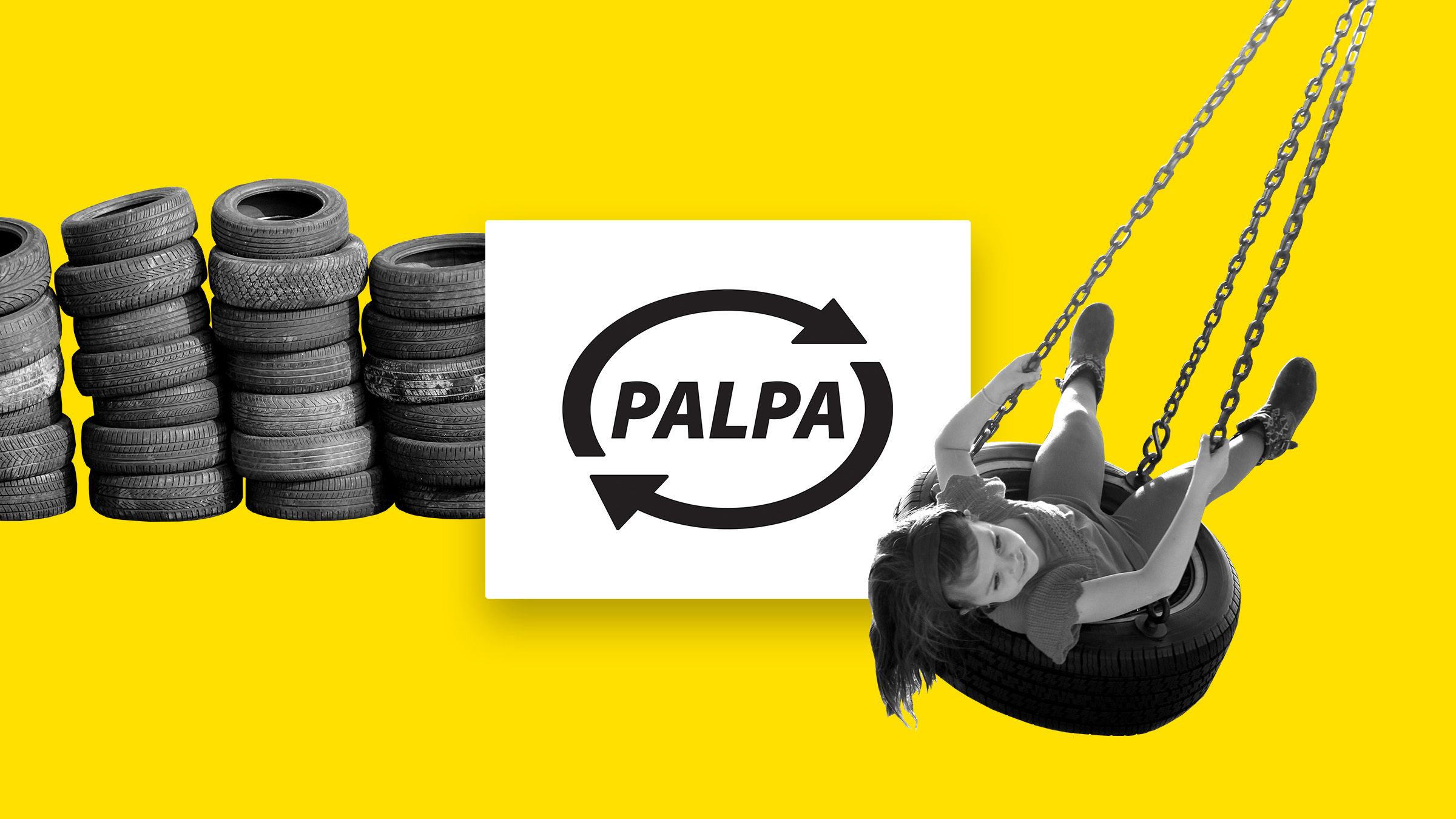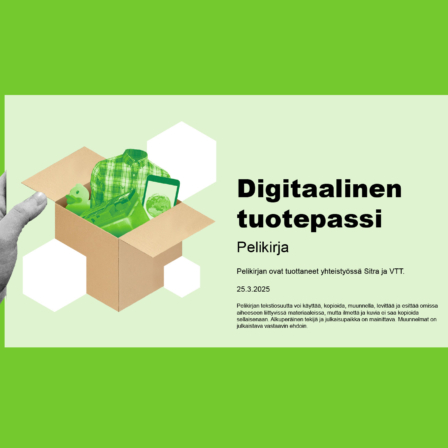Problem
The Finnish public consume approximately 1.7 billion packaged drinks each year. If plastic, aluminium and glass containers were not recycled, they would be disposed of with mixed waste and incinerated, taken to landfill or, in the worst case, thrown away as litter. The manufacture of new containers from virgin materials consumes vast amounts of energy and causes unnecessary CO2 emissions.
Solution: Deposit-based recycling system for drinks packaging
Owned by Finnish retail chains and the drinks industry, Palpa administers the recycling system for drinks containers which has made the Finnish the champions of recycling drinks containers. With Palpa’s system, containers which carry a deposit can be recycled from consumers and restaurants back to material-processing plants and packaging manufacturers and reused. For example, in Finland the recycling rate of aluminium cans is 95 percent, and the manufacture of new cans from recycled aluminium only requires 5 percent of the energy required to process virgin aluminium.
Revenue logic and benefits to Palpa
Palpa is a non-profit management company. The majority of the deposit and return system’s operations are outsourced. This allows Palpa to operate flexibly without ties to individual subcontractors. The company’s revenue consists of product-specific recycling fees, material sales and membership fees. Finnish drinks manufacturers and importers pay a packaging tax of 51 cents per litre, or they must organise recycling via operators such as Palpa.
Benefits to customers and end users
Consumers get the deposit back when they return the container, which encourages people to recycle. Returning is easy: collection points are located at transport hubs and they are easy to use and highly functional.
Drinks manufacturers and importers get tax benefits when they enrol their packaging in the Palpa system. In addition, Palpa refunds each collection point for the deposit charges and handling and pays the transport companies.


















Recommended
Have some more.